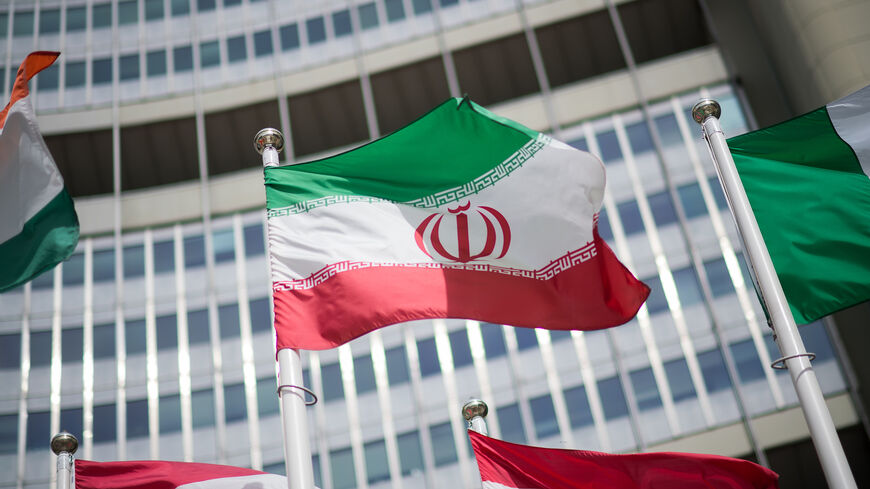Iran said on Monday it was hoping indirect talks with the United States could lead to a "positive" outcome for a prisoner swap.
Iran announced earlier this month that it was engaged in Oman-mediated talks with its arch-nemesis the United States over its nuclear deal and a possible prisoner exchange.
"We are negotiating for the release of Iranian citizens through parties who play a role in good faith," Iran's foreign ministry spokesman Nasser Kanani said on Monday.
"We have to see if the American government is ready to make a final decision in this regard," he told reporters, adding that Tehran hoped "to witness such a positive event".
At least three Iranian-Americans are being held in Iran, including businessman Siamak Namazi, arrested in October 2015 and sentenced to 10 years in prison for espionage.
The other two are venture capitalist Emad Sharqi, who was sentenced to 10 years in prison on spying charges, and Morad Tahbaz, who also holds British nationality, and was jailed for 10 years for "conspiring with America".
In the past two months, Iran released six European citizens and recovered an Iranian diplomat, Assadollah Assadi, who was convicted of terrorism and imprisoned in Belgium.
Kanani's comment came following media reports that Washington and Tehran were close to an interim deal to replace the 2015 nuclear accord. The two sides have denied these reports.
Known as the JCPOA, the accord granted Iran much-needed sanctions relief in exchange for curbs on its nuclear deal before it collapsed in 2018 after Washington unilateral pullout.
In recent days, the two capitals have denied media reports that they were close to reaching an interim deal to replace the 2015 accord.
Efforts to revive the accord have so far failed to yield results.
Stop-start talks that began in April last year to restore the nuclear deal have yet to bear fruit.
Tehran and Washington cut diplomatic ties in 1980 following the Islamic revolution in Iran.





